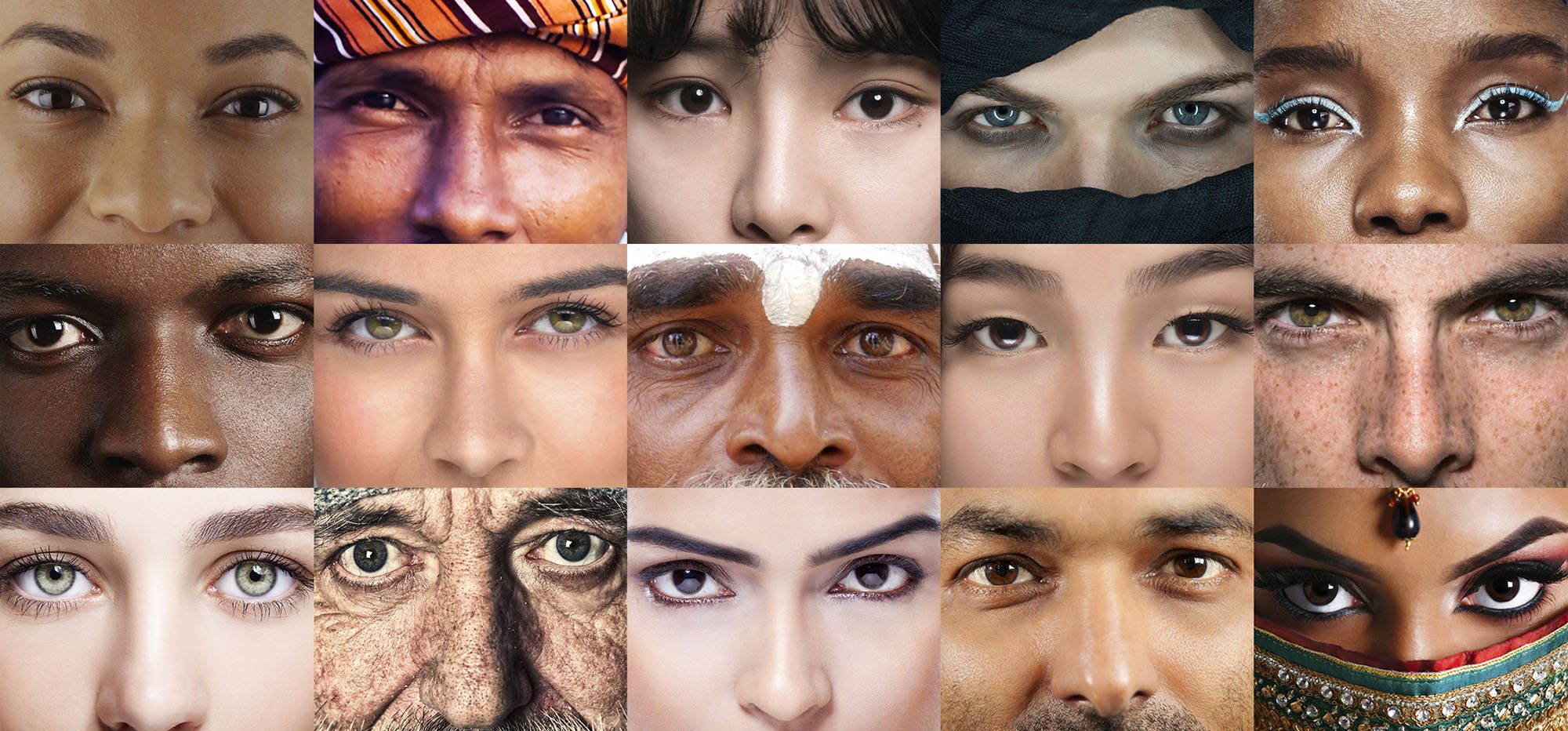Professor of Psychology and Executive Director of Project Implicit Kate Ratliff says many people do not recognize their own bias.
Everyone’s a little bit racist,
sang puppets in the 2003 Off-Broadway musical Avenue Q. Offensive humor aside, the long-running Project Implicit at Harvard (opens in new tab) suggests the lyric is truer than we might like to admit. “In the U.S., people know that stereotyping is morally wrong, but may not recognize their own bias,” says Kate Ratliff, a UF psychology professor who has worked on the project since she was a PhD student at the University of Virginia. In an impressive line of succession, her advisor, Brian Nosek, his advisor in turn, Tony Greenwald, and his “grand-advisor” Mahzarin Banaji founded Project Implicit in 1998. Ratliff now serves as the executive director of the project.
The project uses a series of exercises called Implicit Association Tests (IATs), which work by having participants correctly label photos in a progression of alternating images and text. The test measures even miniscule delays in response when participants see a word that they may not immediately associate with the image presented to them, for example, “science” with a photo of a woman. There are currently 14 IATs available on the Project Implicit website, through which the team has access to a global participant pool, and all marginalized populations, including ethnic minorities and persons of disability, are represented in the tests. Participants can test their bias on almost every element of the sociodemographic spectrum, and the IAT then gives them feedback, at which point people who consider themselves educated and enlightened might find unexpected results. “The more people are surprised, the more it violates what they think about themselves — and the more defensive they get,” says Ratliff.
Yet that surprise is a core part of Project Implicit’s mission. Implicit bias is, after all, hidden, and the revelation of bias is the first step toward unlearning it. The next step is to investigate how society perpetuates and enforces those biases. Before coming to UF, Ratliff worked at Tilberg University in the Netherlands. She observed that Dutch people were forthright about their prejudices, even in an apparently egalitarian society boasting comprehensive laws prohibiting discrimination and protecting individual freedom. Perhaps that’s why, suggests Ratliff, the Dutch don’t need to pretend theirs is a post-racial society.
